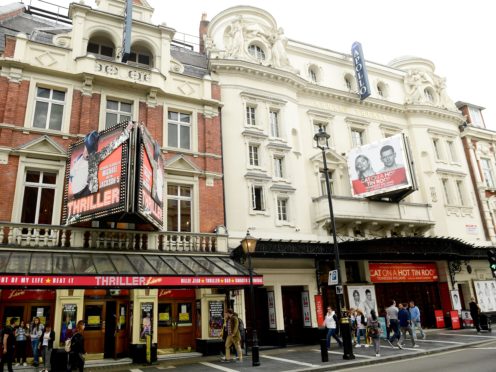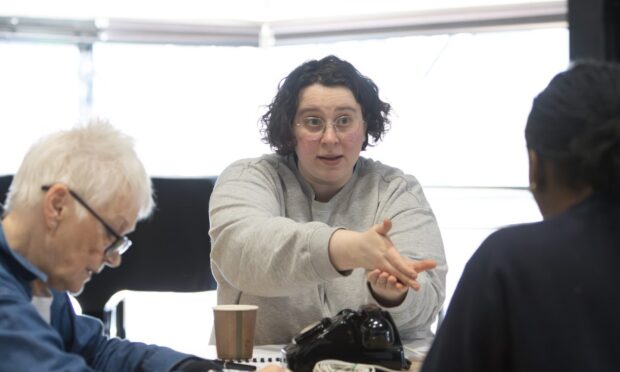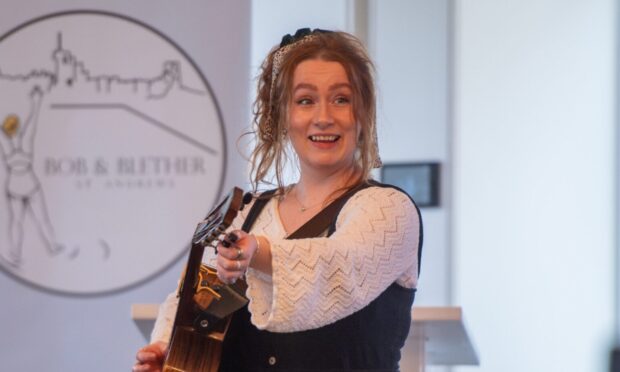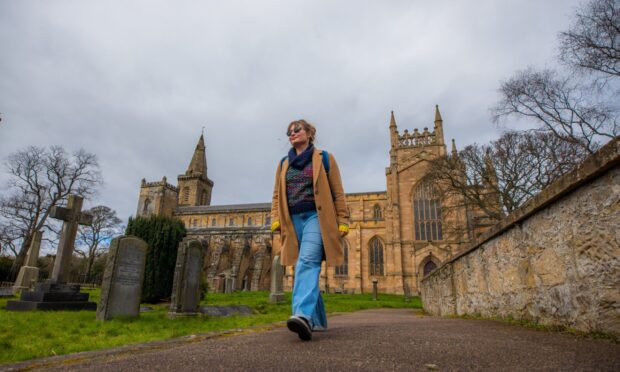Regular visits to museums, art galleries, the theatre and concerts can lead to a longer life, research suggests.
A new study of 6,710 people found that engaging with the arts every few months or more lowered the risk of dying early by 31%.
And even people who enjoyed cultural activities less frequently – once or twice a year – had a 14% reduced risk of dying during an average follow-up of 12 years compared with those who never engaged with the arts.
The findings held true even when factors likely to influence the results – such as marital status, employment, wealth, education and friendship groups – were taken into account.
For the study in the British Medical Journal (BMJ), people were asked to list how frequently they engaged with the arts, including visiting exhibitions and going to the opera.
All those in the study were aged over 50, with an age of 66 on average, and 54% of the group were women.
The researchers, from University College London, concluded: “Receptive arts engagement could have a protective association with longevity in older adults.
“This association might be partly explained by differences in cognition, mental health and physical activity among those who do and do not engage in the arts, but remains even when the model is adjusted for these factors.”
The researchers said the study is important because of the current focus on NHS social prescribing and community service referrals to the arts to improve wellbeing and health.
Previous studies have found that engaging with the arts can improve a person’s physical and mental wellbeing, including depression, dementia, chronic pain and frailty.
The researchers said: “Overall, our results highlight the importance of continuing to explore new social factors as core determinants of health.”
In an accompanying editorial, Nicola Gill, a GP training programme director in York, and Stephen Clift, from Canterbury Christ Church University, praised the research but said those who have the most to gain from participating in cultural activities – such as the lonely or depressed – were least likely to do so.
They wrote: “Over 40% of participants in the least wealthy group also reported that they never accessed cultural activities.
“Work must now be done to ensure that the health benefits of these activities are accessible to those who would benefit most.”
They suggested Christmas is the perfect opportunity to think about how the arts can enhance health.
“Take a moment to consider the gifts you might give this Christmas: The painting set for a grandchild, a trip to the pantomime with your children, the quiet pleasures of a good book, or a night out dancing with your partner,” they wrote.
“They all have the power to change a life.”










